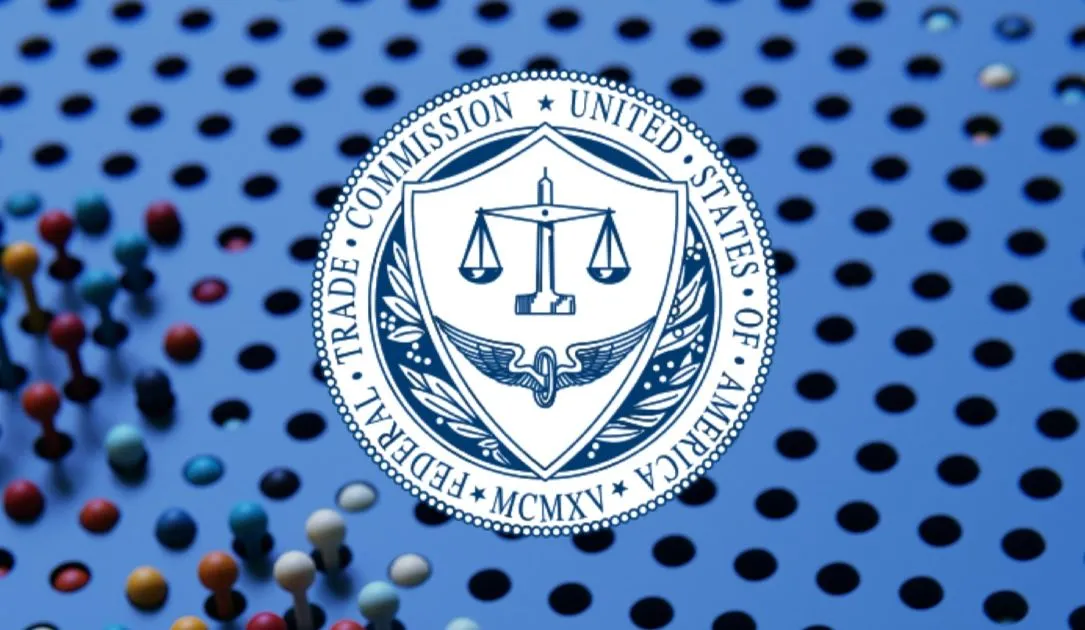
Federal Commerce Fee (FTC) Chair Andrew Ferguson on Wednesday mentioned that below his tenure the company will “aggressively” implement a newly formalized and more durable rule designed to guard kids’s privateness on-line and, notably, known as on Congress to strengthen related federal legal guidelines.
Whereas hailing the improved energy the FTC’s newly revised Kids’s On-line Privateness Safety Rule (COPPA) will give the company to crack down on web sites and on-line service suppliers which violate youngsters’ privateness, Ferguson mentioned Congress must do extra by updating its personal model of COPPA. With out motion from Congress, the FTC is restricted in its skill to additional bolster its rule.
An effort to make such an replace to COPPA died in Congress final session however was reintroduced in March.
Specializing in the practically 30-year-old regulation’s failure to require operators to acquire parental consent to gather, use and share kids’s private information in all circumstances, Ferguson known as on Congress to replace federal regulation to strike an exception permitting web sites and repair suppliers to keep away from acquiring parental consent except they’ve “precise information” {that a} consumer is below age 13 or function a web site designed for youngsters.
Ferguson mentioned that on account of that language, the FTC has lengthy operated below the belief that the majority on-line companies can merely decide a consumer’s age by asking for a date of delivery. That customary is not satisfactory, he mentioned.
“Everybody on this room is aware of that this technique of age verification offers little to no barrier of entry for youngsters below the age of 13 to on-line companies,” Ferguson mentioned. “And since it offers little to no barrier of entry, the regulation doesn’t advance the precept of parental consent that Congress had in thoughts.”
Ferguson’s remarks have been made at a particular FTC workshop on “how large tech corporations exploit kids” and is only one of many latest signals that the company will place an emphasis on defending kids’s on-line privateness.
Ferguson has beforehand underscored his give attention to the difficulty in recent congressional testimony.
Ferguson’s feedback elevate a charged problem by suggesting on-line operators require extra controversial technique of verifying customers’ ages. Latest political debate about these strategies have included ID checks or the usage of facial recognition age estimation applied sciences.
Kids’s on-line security advocates, together with lawmakers, have lengthy pushed for a extra aggressive age verification mannequin, however civil liberties teams have frightened that bolstering age verification techniques to require such documentation violates the privateness of youngsters and probably everybody on the net.
Nonetheless, Ferguson mentioned there are actions the FTC can take with out congressional involvement. The newly-revised COPPA Rule, for instance, will give the company new energy to crack down on web sites and on-line service suppliers’ remedy of parental consent.
To any extent further, Ferguson mentioned, “when an app or website desires to ship a baby’s private info to Large Tech, or to a service supplier in China, mother and father can have the suitable to say no.”
Ferguson additionally mentioned mother and father ought to be empowered to erase their kids’s information on platforms, “in any respect ranges of granularity, from particular person messages to whole accounts.”
“Presently, our legal guidelines give way more energy to Silicon Valley than it does to oldsters to find out what on-line content material might be accessible to our nation’s kids,” he mentioned. “We are able to and may do higher.”
Talking on a panel following Ferguson’s speech, FTC Chief Know-how Officer Jake Denton underscored the huge quantity of information that’s within the public sphere on account of firms’ gathering, storing and promoting of children’ info.
“Ten hours a day on a tool — that’s a lot information,” throughout a childhood, Denton mentioned. “We don’t know what inferences have been made [by advertisers] — we will’t peer behind that field.”
Speculating that information collected merely primarily based on kids’s scrolling habits may influence them later in life even in areas as seemingly irrelevant as receiving auto insurance coverage, Denton shared that primarily based on his personal experiences as a teen always saturated in social media, it’s arduous for youngsters to step again and escape from the pull of platforms “taking up each facet of their lives.”
Recorded Future
Intelligence Cloud.






